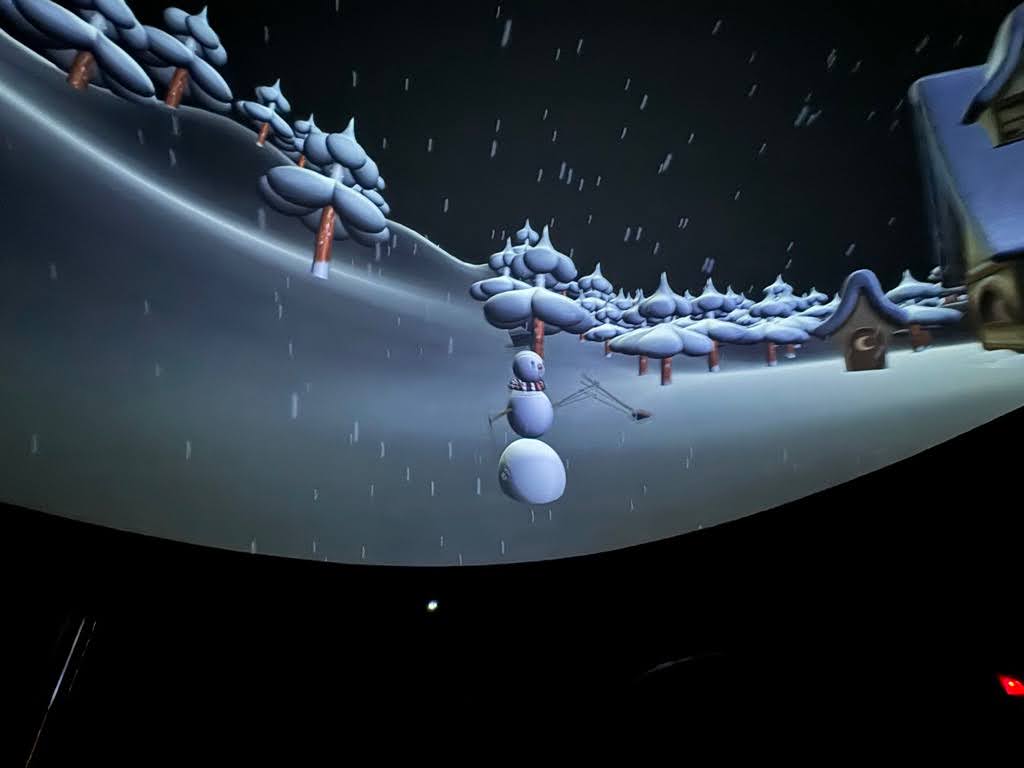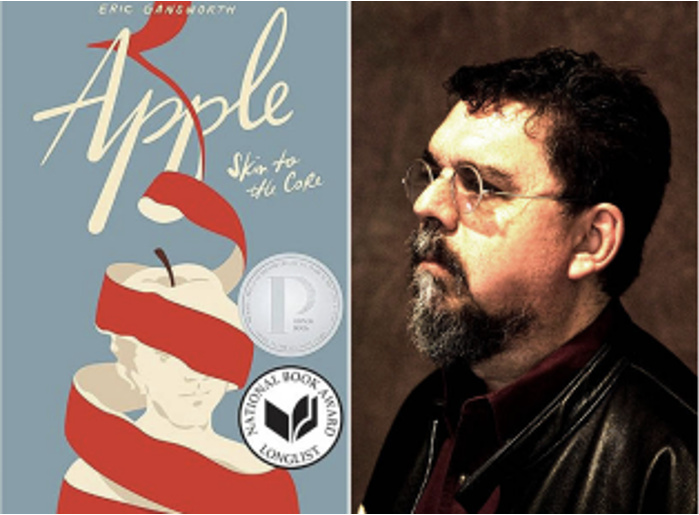I’ve been an avid Tyler, The Creator fan ever since I could get my hands on an iPod touch. It’s true — I can picture the first time I heard “DEATHCAMP,” the opening track on Tyler’s 2015 album “Cherry Bomb.”
With my head intensely shaking along to the song at the desk of my bright pink bedroom, I felt deeply connected to an outspoken, raunchy, matter-of-fact artist from Hawthorne, Calif., who was very different from me. Tyler, The Creator yelled and cursed, got banned in multiple countries and even ate cockroaches on YouTube — yet somehow, I felt that we were connected.
Looking back, I think this connection was formed because Tyler was an angry, expressive teen on the cusp of becoming a master storyteller. The emotion in his music was so raw that even though I couldn’t relate to all of his lyrics or feelings, I could easily acknowledge the power in his vulnerable truth.
As Tyler developed as an artist, I observed him tap deeper into his storytelling and provide space for people to embody a wildly different persona. The album “Flower Boy” expressed his vulnerability, “IGOR” displayed beautiful chaos, “Call Me if You Get Lost” portrayed a refined, perfume-using vigilante. However, even with all of these characters, the emotion in his music remained real and truthful.
Tyler’s seventh album, “CHROMAKOPIA,” is uniquely different because it veers away from his past characters. For the first time since “Cherry Bomb,” we get the raw emotion of Tyler as an individual. This time, it’s no longer the voice of an angsty teen, but rather the authentic emotion of a more mature visionary. “CHROMAKOPIA” is, without question, his most personal album, and Tyler dedicates time to being vulnerable about his family, love life and insecurities.
Sheldon Pearce addresses the album’s personal evolution in his music review for NPR.
“There is no shaking the looming dread of big-A adulthood on CHROMAKOPIA, a record expressly taken aback by the adjustments of becoming a thirtysomething, and the accumulated uncertainties that one suddenly has no choice but to accept,” Pearce said.
The album begins with the voice of Tyler’s mother, Bonita Smith. As the woman who raised him, Tyler’s mom delivers personal anecdotes throughout the entire project. For example, the track “Like Him” focuses on Tyler’s relationship with his estranged father. In the song, Tyler’s mother remarks on the complex connection with Tyler and his father.
“And I’m sorry I was young / But he’s always wanted to be a father to you,” Smith said.
This lyric (and track as a whole) completely contradicts the anger we have felt from Tyler about his relationship with his father that exists in his past projects. For the first time, Tyler approaches his father’s presence from a place of compassion and understanding. Many Tyler fans recognize the importance of this song, including students at Colgate University like junior and WRCU Co-Music Director Lulu Manco-Stenz.
“While he’s covered this many times in the past, his confrontation with his mother is significantly more emotional,” Manco-Stenz said.
In his song “Noid,” Tyler dives deeply into his complicated relationship with fame.
“Living between cameras and recorders, ah, yeah (Woo, woo) / I want peace but can’t afford ya, no,” Tyler sings.
An extension of his song “Collosus” from his 2013 album “Wolf,” Tyler continues to express his discontent with fan interactions and his paranoia of constantly being approached and surveyed. Once again, “Noid” expresses something that Tyler has covered for years, but in a more realized and mature way.
Between the personal messages, stories of love and niche references, Tyler’s flow on “CHROMAKOPIA” is his all-time best.
“[It is] a sincere gift to your ears and a truly engaging piece of art,” Colgate sophomore Ethan Aday said.
I couldn’t agree more: between the inclusion of vocals from artists like Daniel Caesar and the verses of rappers like Sexyy Red and Doechii, “CHROMAKOPIA” is a brilliant representation of artistic growth and dedication to one’s craft.
“If you are looking for background noise to socialize over, this is not the album for you,” Aday put perfectly.
Perhaps my love for “CHROMAKOPIA” is not only due to its musical genius and beautiful sound. Maybe it’s a reflection that I too have matured, becoming introspective just like Tyler. Then again, I can still rage at my pink desk like I did at middle school jumping up and down to “Sticky” or “Balloon” and belting my favorite standout lines. Either way, “CHROMAKOPIA” reaffirms that I will forever be connected to Tyler, The Creator — the emotional, angsty and brave artist that I know and will always love.
















